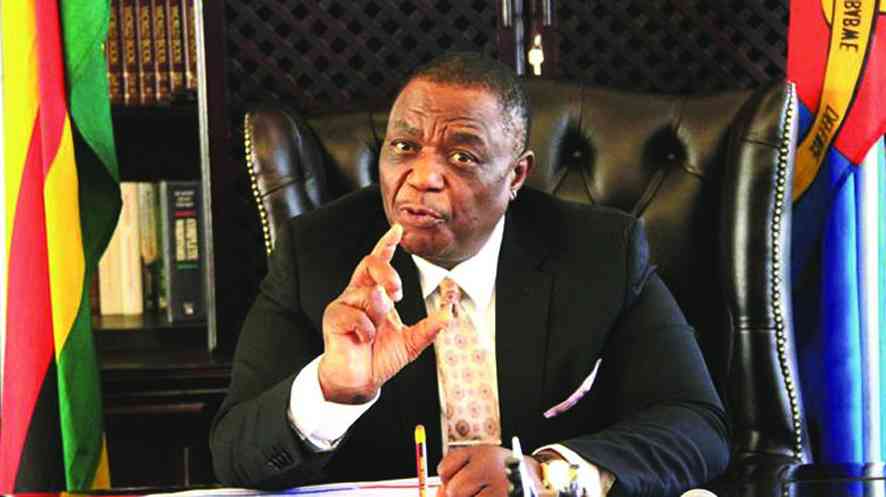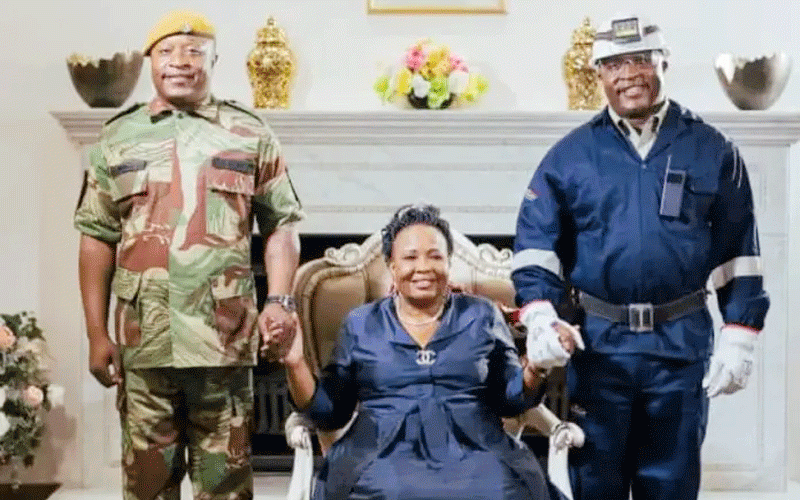
THE Health and Child Care ministry is “busy fixing” the mess created by former minister, Vice-President Constantino Chiwenga, NewsDay has heard.
A source privy to the goings-on said Chiwenga made a lot of mess during his time at the ministry including firing striking nurses without consultation.
He was appointed to the portfolio in August 2020, a month after the dismissal of his predecessor Obadiah Moyo over corruption allegations related to coronavirus testing kits.
Moyo was accusedof illegally awarding a US$20 million contract for coronavirus testing kits and was arrested in June 2020.
“President [Emmerson Mnangagwa] has noted the urgent need to stabilise, restructure and reform the national health delivery system to better cope with challenges of the global COVID-19 pandemic,” the President’s Office said in a statement on August 4, 2020 when Chiwenga was appointed.
But new information reveals that Chiwenga might have done more harm than good during his tenure at the health portfolio.
“VP Chiwenga is said to have created chaos at the Health ministry and the new guys are trying to fix that,” a source told NewsDay.
“He would make proclamations that were not backed by any paperwork.
- Big send-off for Cont Mhlanga
- Massive ZRP vehicle theft scam exposed
- Zanu PF bigwigs face axe in purge
- Village Rhapsody: Health workers’ grievances need permanent solution
Keep Reading
“For example, he made it very difficult for nurses to get the Certificate of Good Standing clearance if they want to work outside of the country.”
Health minister Douglas Mombeshora refuted the allegations when contacted for comment.
“Those are lies. We are continuing with a lot of programmes and projects started during his tenure. Quite a lot of progress was made,” he said.
Asked to elaborate which projects and programmes they were advancing, Mombeshora could not respond.
Health permanent secretary Aspect Maunganidze did not respond to questions sent through his mobile phone number.
In October 2022, the government reportedly stopped issuing clearance letters for nurses in a bid to frustrate them from leaving the country for greener pastures.
In February last year, Chiwenga said the government would introduce a law against foreign recruitment of its healthcare workers to address brain drain in the health sector.
“Now the new guys are formalising the stuff he (Chiwenga) would proclaim,” the source said.
“It would seem the command element was taken too far and at some point, backfired. Remember the time the VP fired all striking nurses, only to reverse the sackings a few days later.”
In April 2018, the Zimbabwean government fired 16 000 striking nurses vowing to replace them with newly-trained and retired nurses.
Chiwenga dismissed the nurses in his capacity as the supervisor of the social services cluster.
He said the government instructed the Health Services Board to engage all unemployed, but trained nurses in the country, who were expected to replace the fired nurses.
“We have also authorised the board to recall retired nursing staff into the service . . . Funds originally released to meet demands of the striking nursing staff will now be re-directed and allocated towards meeting the costs of effecting this new directive and arrangements which will be implemented with immediate effect.
Zimbabwe’s Health Services Board in November 2022 said more than 4 000 nurses had left the country since 2021.
The Zimbabwe Medical Association says the country has an estimated 3 500 doctors for a population of almost 16 million people.
Healthcare workers regularly down tools over poor pay and working conditions.
Government says it does not have enough funds for pay increases and to acquire modern equipment and in January last year made it illegal for healthcare workers to strike for more than three days.










